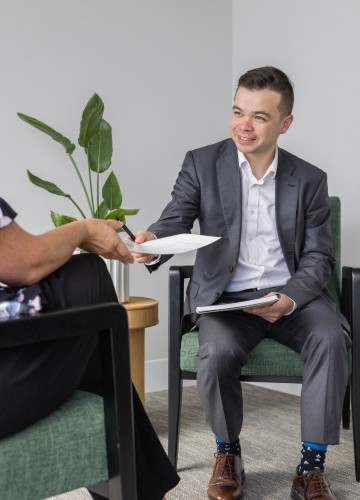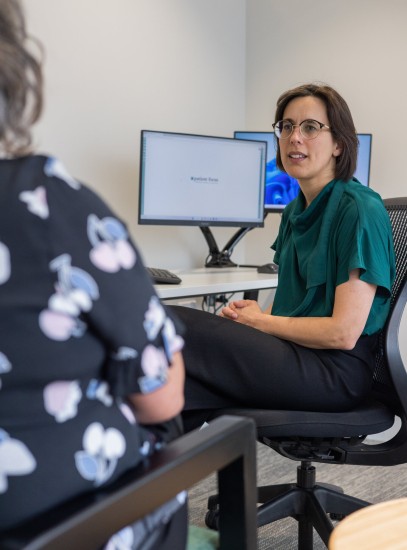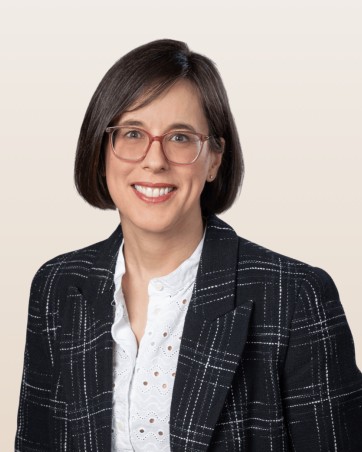Home / Diseases & Conditions / Diverticulosis
Diverticulosis
Diverticulosis is a common condition where small pouches (called diverticula) develop in the lining of the colon (large intestine).

Diverticulosis is increasingly common with age, particularly in people over 50. It is estimated that more than half of people over the age of 60 will have diverticulosis, though many will never experience symptoms.
Diverticulosis itself is not a disease and often causes no problems. However, in some people, the diverticula can become inflamed - a condition known as diverticulitis - or bleed, which may require medical attention.
Diverticulosis is typically diagnosed during routine tests such as a colonoscopy or CT scan, often performed for other reasons such as bowel screening or to investigate bowel symptoms.

Symptoms of Diverticulosis
Most people with diverticulosis do not experience any symptoms. When symptoms do occur, they may include:
Mild cramping or discomfort in the lower abdomen (often on the left side)
Bloating
Changes in bowel habits (such as constipation or diarrhoea)
These symptoms can also occur with other bowel disease, including bowel cancer. You should speak to your doctor if you develop these symptoms.
If the diverticula become inflamed or infected (diverticulitis), symptoms become more severe with sudden or worsening abdominal pain and fever. If this happens you should seek urgent medical attention.
Diverticulosis Treatment
For people with diverticulosis without symptoms, no specific treatment is required, though lifestyle changes may help reduce the risk of complications.
A small proportion of people with diverticulosis go on to develop complications such as:
Inflammation of the diverticular (diverticulitis)
Bleeding from a diverticulum
Bowel obstruction (rare)
Persistant abdominal pain
These complications may require more intensive treatment, including hospital care. Sometimes surgery is required to remove the affected portion of the colon.
Though diverticulosis is common, most people live well with the condition.
High Fibre Diet
A high-fibre diet can help keep stools soft and reduce pressure in the colon. Drinking plenty of fluids and staying physically active can also support bowel health.
Specialist Consultation
Colorectal surgeons are experts in managing diverticulosis. If you are experiencing symptoms, your specialist will work with you to develop a plan that suits your individual needs.



